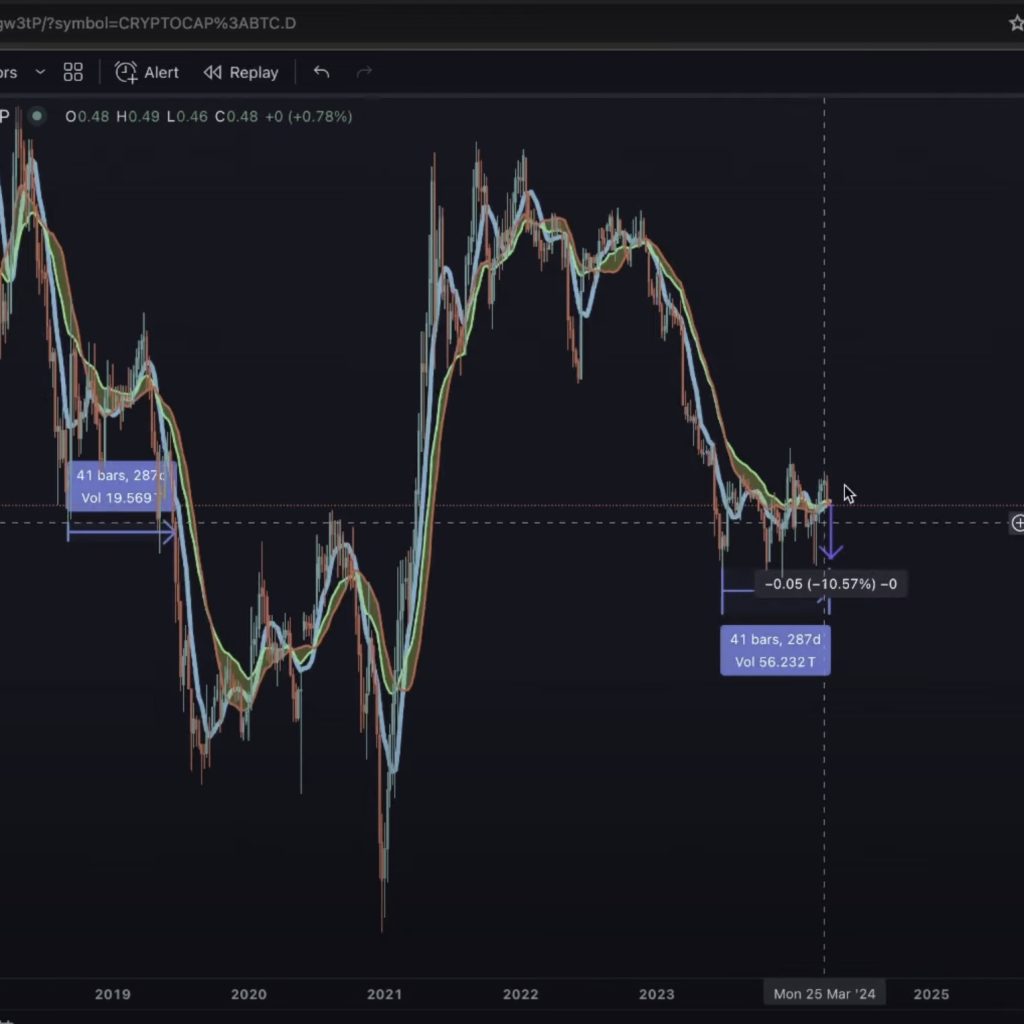US Senator Cynthia Lummis has faulted the statement of a former Signature Bank executive at Congress. Scott Shay has come under scrutiny for allegedly attempting to shift blame onto the cryptocurrency industry while personally benefiting from hefty bonuses and stock options. During a Senate Banking Committee hearing on May 16, Senator Cynthia Lummis criticized Shay’s prepared statement regarding the bank’s collapse.
Senator Lummis pick holes in his statement
Scott Shay acknowledged that Signature Bank began accepting deposits from digital asset businesses in 2018 but significantly reduced its exposure to the industry in 2022 due to volatility. He claimed that the bank’s seizure by regulators was triggered by the failure of a bank closely associated with the digital asset sector, leading to the withdrawal of $16 billion from Signature Bank.
Senator Lummis accused Shay of deflecting blame onto cryptocurrency depositors and regulators while evading personal responsibility. Shay denied placing blame on digital assets, but Lummis pointed out that he mentioned them ten times in his testimony.
In another part of the hearing, Senator Elizabeth Warren criticized Gregory Pecker, CEO of Silicon Valley Bank, and Scott Shay for allegedly retaining millions of dollars in bonuses and stock options despite their banks’ reckless failures. Warren argued that the existing laws allowed CEOs to enrich themselves while leaving others to bear the consequences.
In order to address the issue, Warren announced her collaboration with a bipartisan group in the Banking Committee to introduce a bill aimed at reclaiming excessive executive compensation. She emphasized the need to hold CEOs accountable for their risky actions, warning that failure to do so would perpetuate a cycle of bank collapses with taxpayers bearing the burden.
US lawmakers want to curb excessive executive compensation
In April, Adrienne Harris, superintendent of the New York Department of Financial Services (NYDFS), dismissed the notion that crypto was to blame for Signature Bank’s collapse. Speaking at the Chainalysis Links conference in New York City, Harris characterized the events leading to the bank’s failure as a “new-fashioned bank run.”
On March 12, the NYDFS assumed control of Signature Bank, citing the need to protect the U.S. economy from systemic risk. Signature Bank’s collapse followed the failures of Silvergate Bank and SVB, both known for their involvement in the cryptocurrency industry.
Efforts are underway within the Senate Banking Committee to address the issues raised during the hearing. The proposed legislation aims to curb excessive executive compensation and prevent CEOs from profiting while their banks face financial ruin.





